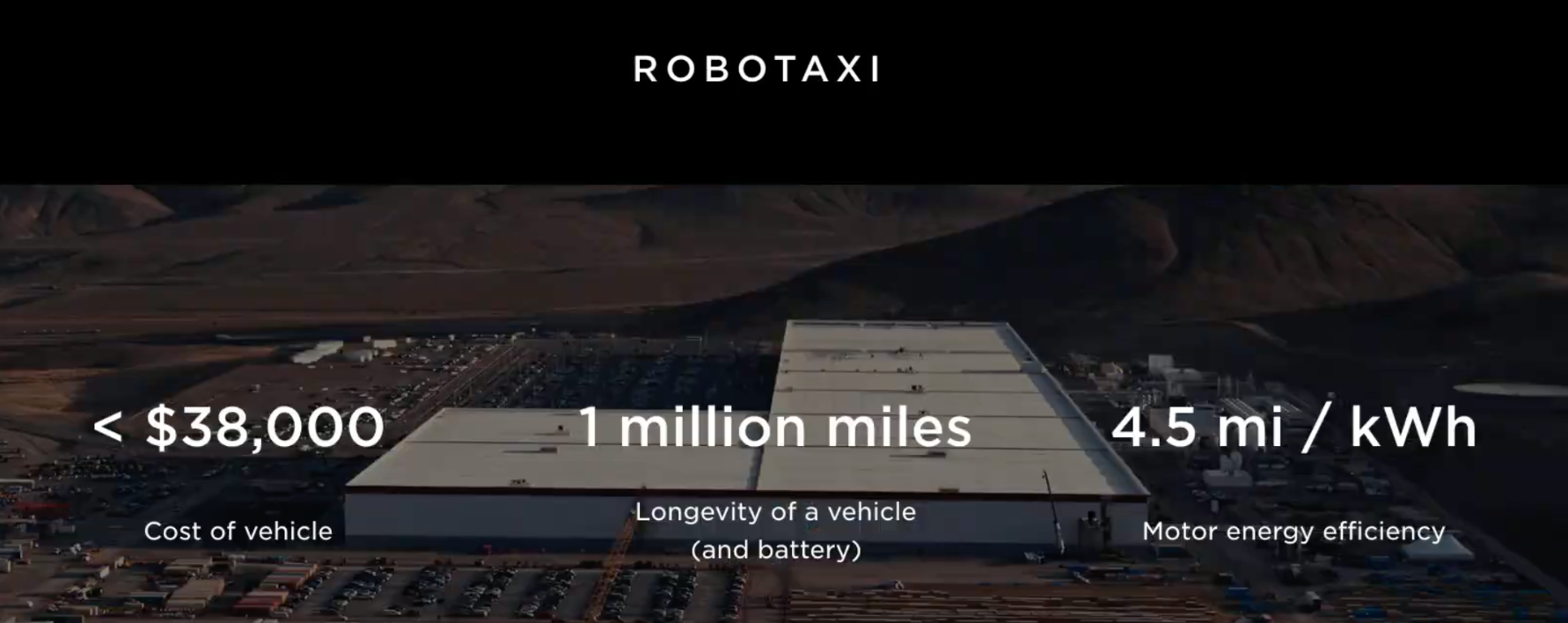
Decarbonizing the aluminum industry, responsible for approximately 2 percent of global greenhouse gas (GHG) emissions, is critical for a safer climate future. With demand projected to increase 80 percent by 2050, aluminum companies are facing mounting pressure from corporations and governments to reduce their carbon footprints. Investing in and deploying more sustainable production practices is essential to averting an equivalent climate pollution increase.
Energy-intensive processes used in aluminum production currently rely heavily on fossil-fuel generated electricity. Current carbon accounting systems are inadequate in providing an accurate and comprehensive view of emissions associated with their processes and products, making it difficult to drive real decarbonization actions.
But change is in the air. Access to renewable power, emissions reduction technologies, scrap availability, and emissions data transparency is currently increasing to meet the demand for low-carbon aluminum.
Uniting Industry Stakeholders to Drive Progress in Emissions Transparency
In May 2023, RMI joined aluminum industry stakeholders at the World Aluminium Conference in London to discuss the importance of adopting consistent GHG accounting methodologies to make industry emissions more transparent and actionable to accelerate the industry’s decarbonization strategies. Lack of supply chain emissions data transparency and disparate definitions for low carbon aluminum were identified as two of the major challenges to address in creating greater product demand. Delegates underscored the need for comparable and reliable primary data at the product level to enable informed decision making by both aluminum producers and buyers, effectively driving investment in low-emissions production.
During the conference, RMI introduced its draft Aluminum Emissions Reporting Guidance for public consultation. This decarbonization-focused and impact-driven GHG guidance helps producers disclose the emissions of their aluminum products and increase the transparency, comparability, and quality of emissions data. In developing the guidance, RMI brought together a group of 25 industry organizations along the aluminum value chain — from industry associations to producers and buyers working within the industry — to provide input on the initial draft.
Unveiling Decarbonization Strategies in Supply and Demand Through Emissions Data
In an era of increasing carbon constraints, corporate buyers are seeking to fulfill their purchasing commitments and drive supply chain decarbonization. Understanding the impact of corporate decisions on low-emissions supply is crucial in this context. RMI’s guidance provides valuable support to buyers, enabling them to make informed choices that promote essential decarbonization technologies. By leveraging this guidance, buyers can effectively direct their procurement spending towards suppliers that lead in climate action, while mitigating the risks associated with potential greenwashing practices.
The guidance enhances emissions transparency for both primary production and recycling by highlighting the progress of individual suppliers in aligning with sectoral decarbonization pathways identified by the International Aluminium Institute (IAI). These pathways encompass decarbonizing electricity, adopting zero-emissions technology to minimize direct emissions, and maximizing scrap utilization. By acknowledging the efforts of first-moving aluminum producers, governments and businesses can help incentivize further investment in decarbonizing the sector — including nascent, low emissions technologies — to meet global climate goals.
What the Industry is Saying
Alcoa has committed to reducing their GHG emission intensity 30 percent by 2025 and 50 percent by 2030. Alcoa highlighted that “calculating and communicating mine-to-smelter carbon footprint emissions of aluminum products in a harmonized manner is essential to raise awareness for both users and buyers of aluminum made with lower carbon emissions” and that “a clear carbon footprint calculation approach is also crucial to assess the potential impact of various decarbonization technologies and, eventually, track improvements.”
Ball Corporation has set a course to achieve net-zero carbon emissions prior to 2050 and highlighted in their Business & Sustainability Update that “this will require working with initiatives such as the First Movers Coalition (FMC), RMI Horizon Zero, the Mission Possible Partnership and the Aluminum Stewardship Initiative (ASI).”
Tesla has also recognized the need for emissions transparency and supported the efforts of RMI “to create a better framework for calculating emissions from the aluminum industry and moving it toward a low-carbon future.”
OldCastle BuildingEnvelope commended RMI’s work as “a great step towards creating a unified reporting framework that is used by all aluminum suppliers” and highlighted that “high quality environmental impact data of manufactured products is critical to drive decarbonization of the building construction industry.”
Next Steps in Paving the Way for Industry Transformation
In addition to the guidance, RMI has also developed an accompanying metals data format (for steel and aluminum) to enable the transfer of emissions data in a consistent, comparable way along the aluminum supply chain. Together, the guidance and data format provide companies with the tools to demonstrate their efforts towards decarbonization through low carbon production and procurement.
To ensure the broad applicability of the guidance and data format across various markets and end-use sectors, RMI is conducting several pilot projects. These pilots serve to validate the feasibility of the guidance, uncover challenges related to data access, transfer, and utilization, as well as pinpoint areas that require improvement. By establishing connections between key stakeholders in the aluminum supply chain, pilot projects offer a unique opportunity to explore how product-level climate metrics can be integrated into procurement processes, thereby aligning with 1.5°C targets.
Through these pilot projects, RMI aims to assess the effectiveness and adaptability of the existing guidance while exploring pathways to support buyers in implementing purchasing commitments. Ultimately, the goal is to drive low-emission supply and contribute to the industry’s broader decarbonization efforts.
Participate in the Aluminum Emissions Reporting Guidance Public Consultation
The importance of collaboration cannot be understated when tackling such a complex and global challenge, and we value diverse voices to help us improve and refine our work. To participate in the Aluminum Emissions Reporting Guidance Public Consultation, download the feedback form and submit your written comments to Wenjuan Liu and Mackenzie Cool by July 28th, 2023.
By Hylla Barbosa, Hao Wu, Mackenzie Cool, and Wenjuan Liu. © 2023 Rocky Mountain Institute. Published with permission. Originally posted on RMI Outlet.
Featured photo by Tomas Martinez on Unsplash.
I don’t like paywalls. You don’t like paywalls. Who likes paywalls? Here at CleanTechnica, we implemented a limited paywall for a while, but it always felt wrong — and it was always tough to decide what we should put behind there. In theory, your most exclusive and best content goes behind a paywall. But then fewer people read it! We just don’t like paywalls, and so we’ve decided to ditch ours. Unfortunately, the media business is still a tough, cut-throat business with tiny margins. It’s a never-ending Olympic challenge to stay above water or even perhaps — gasp — grow. So …




